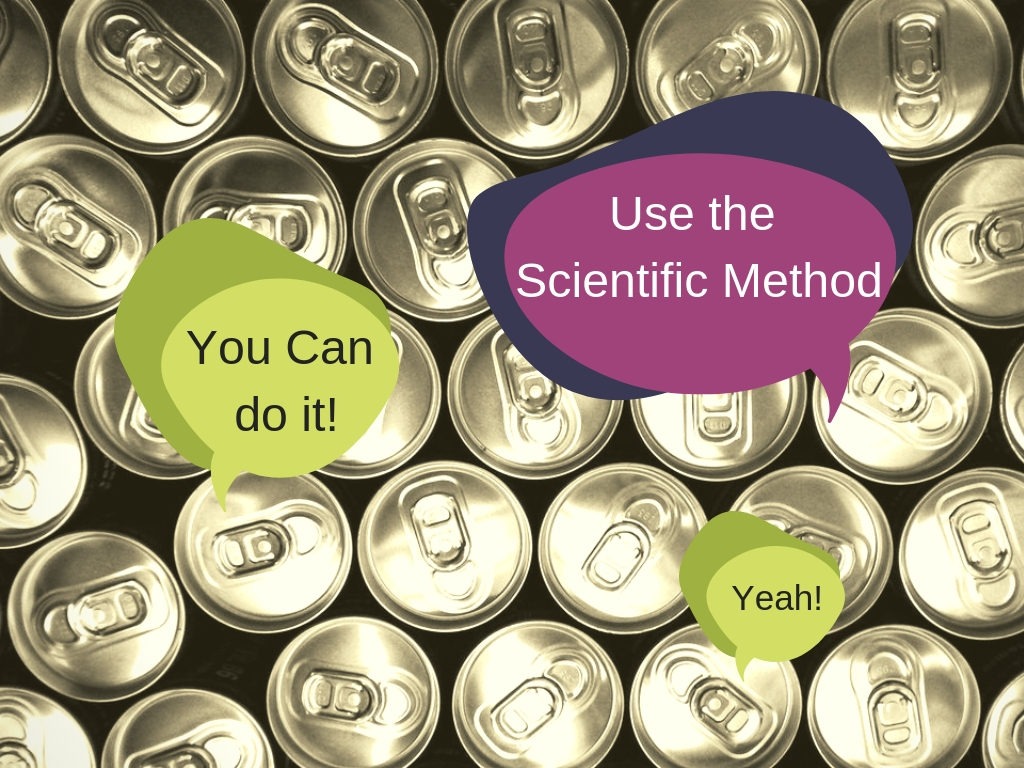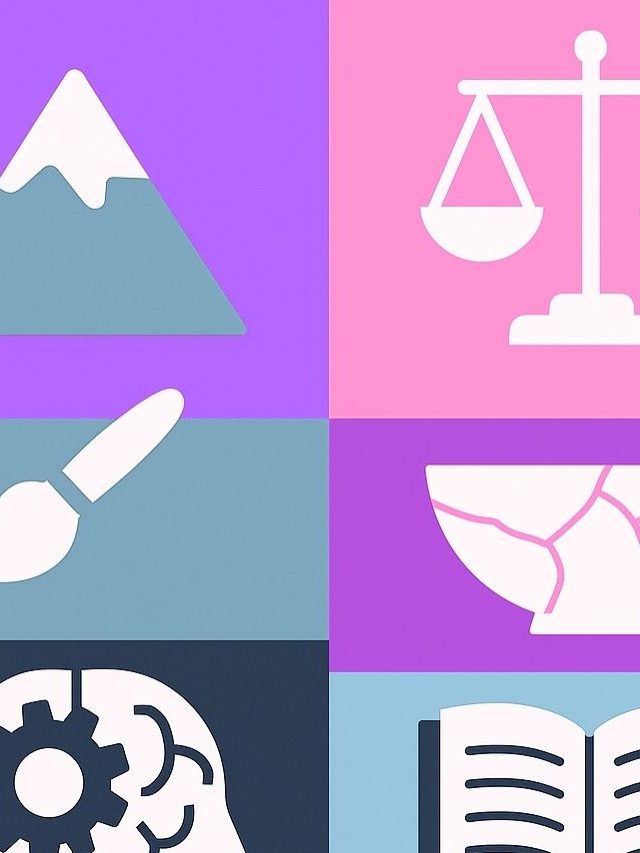What do you do when your inner voice demotivates you and you feel you can’t do anything
We will assume that regardless of whether you can or cannot do it, you don’t know if you cannot do it yet.
We need to accept this part and stick with it. We need to forget about all previous instances of failing to do it. Put the inner voice demotivating you on hold. Only then we can begin using the scientific method.
You tell yourself that you don’t know yet and you’ll strategically figure it out. That will counter the "I cannot" attitude Share on XA q
First things first – let us see how the scientific method works. We will then use it to overcome the self-defeating inner voice.

What is the scientific method?
The scientific method is a way of understanding information through certain steps.
- Make observations
- Define a problem and put in context.
- Continue observing
- Ask a question
- Make an educated guess to explain your observations
- Devise a way to ‘Test’ your educated guess (testing a hypothesis)
- Understand the results of the ‘Test’.
- If the results support your test, build on it by going through step 1 onward again.
- If the results are not supporting your hypothesis, try a new hypothesis, try a new method to test, look at your observations again. Basically, repeat all the steps.
- Communicate results to other people who can verify what you have done.
- Let them collect their data and then help build a ‘body of knowledge’.
This is the scientific method.

How to apply the scientific method to prove that YOU CAN DO IT.
Step 1: Assume that you do not know your ‘doing’ capacity
It’s time to define something to do.
Step 2: Define with precision what you want to do. This includes defining your goal and what you want to achieve with it.
Step 3: Plan to do it, strategise. You need to look at the details of how you will go about it.
Understand that you are going to follow up with your willingness to do something and achieve doing it. Now that you are ignoring your ‘inherent capacity to doing something or inherent chances of success’,
Step 4: Begin execution
The outcome will vary. You may fail, you may succeed. But now, you can go back to step 2 and continue. Rework your plan.
Step 5: Reflect on your success or failure and repeat step 2–4. Only this step can actually create evidence of ‘You can’t do it’ or ‘You can do it’. If you can’t repeat. If you can, great work! Continue.
While you go through a trial and error phase for step 2 to step 4, you’ll learn that the initial assumption that you couldn’t do it, held you down. Once you try and succeed, the assumption changes and you focus on step 2 to 4. You learn in the process. You figure things out. And most importantly, you reflect upon yourself and understand that you could do something by strategically working toward it.
The beauty of the scientific method is that it is iterative. You could begin with something ridiculous but through iterations, you end up with something a lot more valuable.
Adopting a method makes your self-reflection a little less personal and less grounded in the past. That is good when your inner voice tells you that you can’t do it.
Recap of the technique:
Step 1: Assume you don’t know if you can do it
Step 2: Define what you want to do
Step 3: Use a strategy to do it
Step 4: Begin execution
Step 5: Reflect on what happened and repeat the steps to improve the outcome
Now you’ll have evidence to prove if you can or cannot do anything. That is, you have changed the assumption in step 1 to a fact. Now you can repeat the steps to find a solution and actually DO IT! 🙂
P.S. A Related problem is being biased toward yourself. Read this article to overcome biases.

Hey! Thank you for reading; hope you enjoyed the article. I run Cognition Today to capture some of the most fascinating mechanisms that guide our lives. My content here is referenced and featured in NY Times, Forbes, CNET, and Entrepreneur, and many other books & research papers.
I’m am a psychology SME consultant in EdTech with a focus on AI cognition and Behavioral Engineering. I’m affiliated to myelin, an EdTech company in India as well.
I’ve studied at NIMHANS Bangalore (positive psychology), Savitribai Phule Pune University (clinical psychology), Fergusson College (BA psych), and affiliated with IIM Ahmedabad (marketing psychology). I’m currently studying Korean at Seoul National University.
I’m based in Pune, India but living in Seoul, S. Korea. Love Sci-fi, horror media; Love rock, metal, synthwave, and K-pop music; can’t whistle; can play 2 guitars at a time.



























